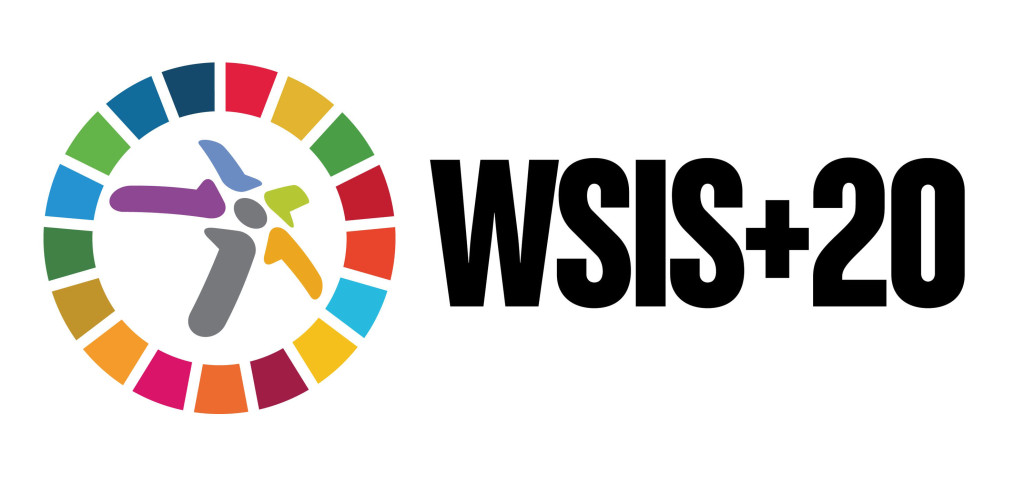Knowledge House urges WSIS+20 to embed digital sovereignty and enforceable rights for the Global South
nowledge House’s submission to the WSIS+20 Zero Draft calls for enforceable global rules on digital sovereignty, data governance, and AI accountability. The organisation urges the UN to replace voluntary pledges with binding frameworks that protect collective data rights, ensure meaningful connectivity, and promote equitable access to technology for the Global South.

Nigeria’s Knowledge House has called on UN member states to make the WSIS+20 outcome a turning point for digital cooperation, urging that it move ‘from voluntary commitments to enforceable frameworks’ centred on the priorities of the Global South.
In its submission to the WSIS+20 Zero Draft, the organisation proposes detailed textual amendments promoting digital sovereignty, universal meaningful connectivity, and rights-anchored governance. It argues that Africa’s digital transformation must counter ‘data extractivism’ and dependency on foreign technology systems, warning that uncritical adoption of external standards risks replicating colonial-era imbalances.
Knowledge House calls for explicit inclusion of Provenance by Design standards to safeguard collective and Indigenous data rights, and for a shift toward Universal Meaningful Connectivity (UMC) that measures not just access, but affordability, safety, and linguistic inclusion. The submission also supports equitable access to compute power and investment in Small Language Models (SLMs) to bridge what it calls the ‘multilingual divide’ in AI development.
On human rights, the group urges adoption of the FATER framework,Fairness, Accountability, Transparency, Ethics, and Rights-respecting, requiring Child and Gender Impact Assessments for all high-risk AI systems. It also calls for a global moratorium on biometric surveillance and spyware that cannot comply with international human-rights law.
To close structural funding gaps, Knowledge House proposes establishing a Global Fund on AI Capacity Building or reviving the Digital Solidarity Fund to finance digital infrastructure and African-led AI research. It also urges the UN to guarantee travel and translation support for Global South participation in digital-governance fora.
The submission concludes that WSIS+20 must embed legally binding measures, linking technology policy to human rights, equity, and cultural sustainability, to ensure developing nations act as co-creators, not just users, of the digital future.


